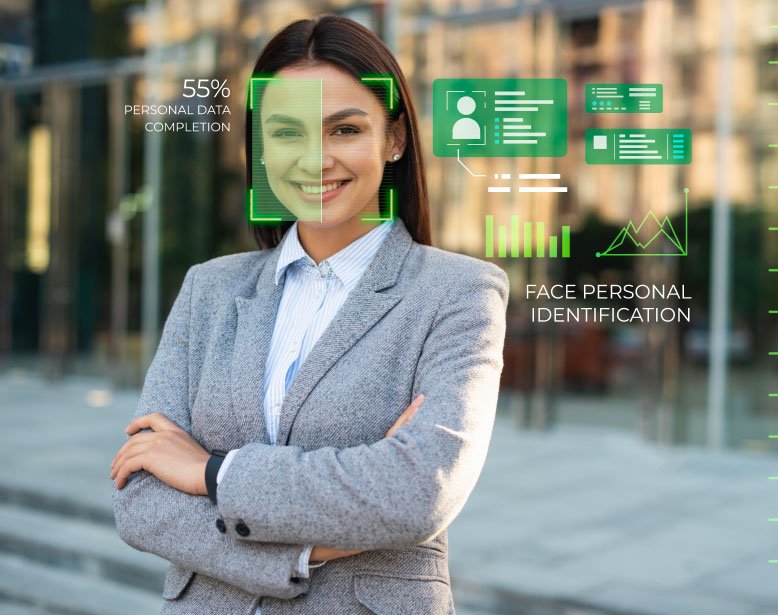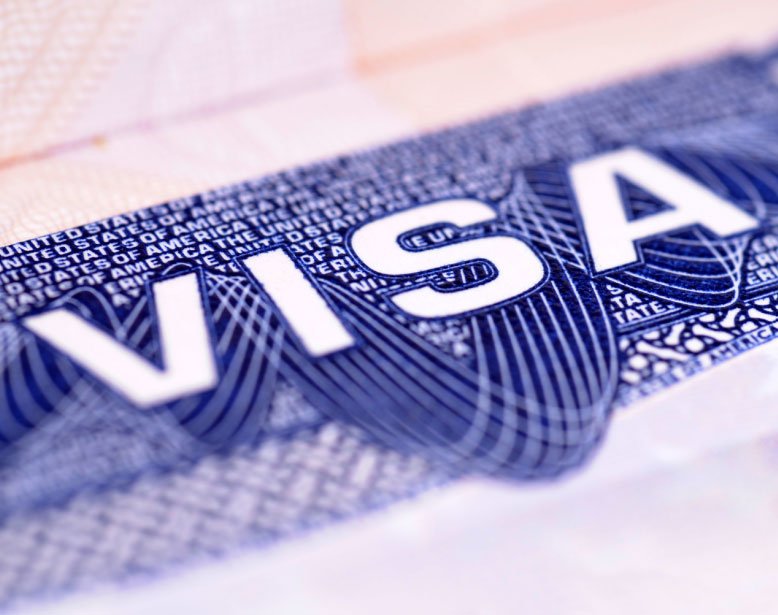August 9, 2024

Software Development Outsourcing
AI Applications for Marketing Automation: A Deep Dive

AI applications for marketing automation are reshaping the way businesses engage with customers. Gone are the days of generic, mass-market campaigns. Today, marketers can leverage the power of artificial intelligence to deliver highly personalized experiences that resonate with individual consumers.
This post delves into the multifaceted world of AI in marketing automation, exploring its practical applications, benefits, and challenges. By understanding how AI can enhance marketing efforts, businesses can gain a competitive edge and drive growth.
Understanding AI Applications for Marketing Automation
AI applications for marketing automation encompass a broad spectrum of technologies and techniques designed to streamline marketing processes, improve efficiency, and enhance customer engagement. At its core, AI empowers marketers to make data-driven decisions, automate repetitive tasks, and uncover valuable insights that would otherwise be hidden.
The Role of AI in Customer Segmentation
Effective customer segmentation is the cornerstone of targeted marketing. AI applications for marketing automation excel at identifying distinct customer segments based on various criteria, including demographics, behavior, preferences, and purchase history. By analyzing vast amounts of data, AI algorithms can uncover hidden patterns and create highly granular customer profiles.
For example, an e-commerce retailer might use AI to segment customers based on their browsing behavior, purchase history, and social media interactions. This information can then be used to create tailored product recommendations, personalized email campaigns, and targeted advertising.
AI-Powered Predictive Analytics for Marketing Success
Predictive analytics, fueled by AI, is a game-changer for marketers. By analyzing historical data and identifying trends, AI algorithms can forecast future customer behavior. This enables businesses to anticipate customer needs, optimize marketing campaigns, and allocate resources effectively.
AI applications for marketing automation can predict customer churn, product demand, and campaign performance. Armed with these insights, marketers can proactively address customer concerns, adjust marketing strategies, and maximize ROI.
Personalization: The Heart of AI-Driven Marketing
Personalization is no longer a luxury; it’s a necessity. AI applications for marketing automation make it possible to deliver highly personalized experiences at scale. By analyzing customer data, AI algorithms can create tailored content, product recommendations, and offers that resonate with individual preferences.
For instance, a travel agency can use AI to recommend vacation packages based on a customer’s past travel history, budget, and interests. This level of personalization enhances customer satisfaction and drives conversions.
AI-Driven Content Creation and Optimization
Content is king, and AI is helping marketers create and optimize content more efficiently. AI-powered tools can generate content ideas, write copy, and even create visual assets. Additionally, AI can analyze content performance to identify what resonates with the audience and optimize future content accordingly.
By automating content creation tasks, marketers can focus on higher-level strategic initiatives. AI also helps ensure that content is aligned with audience preferences and search engine optimization (SEO) best practices.
Chatbots and Virtual Assistants: Enhancing Customer Experience
AI-powered chatbots and virtual assistants are transforming customer interactions. These intelligent agents can provide instant support, answer frequently asked questions, and guide customers through the purchasing process. By automating routine inquiries, chatbots free up human agents to handle more complex issues.
Also enables chatbots to learn from customer interactions, improving their responses over time. This leads to more efficient and satisfying customer experiences.
AI Applications for Marketing Automation: AI for Social Media Marketing
Social media is a dynamic and ever-evolving landscape. AI applications for marketing automation help businesses navigate this complex environment by providing valuable insights and automating tasks. AI can analyze social media data to identify trends, sentiment, and influencers. It can also schedule posts, engage with the audience, and measure campaign performance.
By leveraging AI, marketers can optimize their social media efforts, build stronger relationships with customers, and increase brand awareness.
Overcoming Challenges in AI Applications for Marketing Automation
While AI offers immense potential for marketing automation, there are challenges to overcome. Data privacy and security are paramount concerns. Additionally, the complexity of AI algorithms can make it difficult for some marketers to understand and implement these technologies.
To address these challenges, businesses need to invest in data governance, employee training, and the right AI tools. By building a strong foundation, organizations can harness the power of AI while mitigating risks.
AI Applications for Marketing Automation: Real-World Examples and Best Practices
To truly grasp the impact of AI applications for marketing automation, let’s examine some real-world examples.
E-commerce: Personalized Product Recommendations
Amazon, a pioneer in e-commerce, heavily relies on AI to deliver personalized product recommendations. By analyzing customer purchase history, browsing behavior, and search queries, Amazon’s AI algorithms suggest relevant products, increasing sales and customer satisfaction.
Retail: AI-Driven Inventory Management
Retailers like Walmart employ AI to optimize inventory management. By analyzing sales data, weather patterns, and consumer trends, AI predicts product demand, preventing stockouts and overstocking. This leads to cost savings and improved customer experience.
Financial Services: AI-Powered Customer Segmentation
Financial institutions utilize AI applications for marketing automation to segment customers based on factors like income, spending habits, and risk tolerance. This enables them to offer tailored financial products and services, increasing customer engagement and loyalty.
Healthcare: AI-Driven Patient Engagement
Even the healthcare industry is leveraging AI for marketing automation. Hospitals and clinics use AI to segment patients based on health conditions, treatment history, and demographics. This allows for targeted outreach, patient education, and personalized care plans.
Best Practices for Implementing AI Applications for Marketing Automation
To maximize the benefits, consider these best practices:
- Data Quality and Governance: Ensure data accuracy, completeness, and consistency. Establish robust data governance practices to protect customer privacy and comply with regulations.
- Clear Goals and KPIs: Define specific objectives for your AI initiatives. Track key performance indicators (KPIs) to measure success and make data-driven adjustments.
- Start Small, Scale Gradually: Begin with a focused AI project to gain experience and build internal expertise. Expand your AI initiatives as you achieve success.
- Continuous Learning and Adaptation: AI is constantly evolving. Stay updated on the latest trends and technologies to optimize your marketing strategies.
- Human-AI Collaboration: Leverage the strengths of both humans and AI. AI can handle data analysis and automation, while humans provide creativity, strategic thinking, and emotional intelligence.
AI Applications for Marketing Automation: The Future is Bright
The potential of AI applications for marketing automation is vast and still largely untapped. As technology continues to advance, we can expect even more sophisticated and innovative solutions to emerge.
Some exciting possibilities include:
- Hyper-personalization: Delivering tailored experiences based on real-time data and individual preferences.
- Predictive Customer Lifetime Value: Identifying high-value customers and tailoring marketing efforts accordingly.
- Augmented Creativity: AI-generated creative assets that inspire human marketers.
- Ethical AI: Developing AI systems that prioritize fairness, transparency, and accountability.
Businesses can gain a competitive advantage, improve customer satisfaction, and drive sustainable growth.
Conclusion
AI applications for marketing automation are revolutionizing the way businesses interact with customers. By leveraging AI, marketers can achieve unprecedented levels of personalization, efficiency, and effectiveness. From customer segmentation and predictive analytics to content creation and customer support, AI is transforming every aspect of the marketing process.
To succeed in today’s competitive landscape, businesses must embrace AI and explore its potential applications. By investing in AI technologies and developing the necessary skills, marketers can unlock new opportunities, drive growth, and build lasting customer relationships.
Remember, AI is a tool that should be used to augment human creativity and expertise, not replace it. By combining the power of AI with human ingenuity, marketers can achieve extraordinary results.
Key Takeaways:
- AI applications for marketing automation offer a wide range of benefits, including improved customer segmentation, enhanced personalization, and increased efficiency.
- Predictive analytics powered by AI enables businesses to anticipate customer needs and optimize marketing campaigns.
- AI-driven content creation and optimization help marketers produce high-quality content that resonates with the audience.
- Chatbots and virtual assistants enhance customer experience by providing instant support and automating routine interactions.
- Overcoming challenges such as data privacy and AI complexity is essential for successful AI implementation.
By understanding and implementing AI applications for marketing automation, businesses can gain a competitive edge and achieve marketing excellence.
Ready to take the next step? Book a meeting now with our team and explore how we can become your ideal strategic partner to fill gaps in your team. Together, let’s turn your vision into a reality.
Learn more about Nearshore Staff augmentation Latin America in 2024 here









